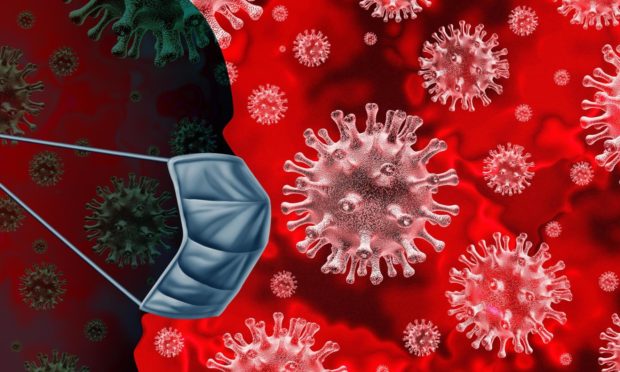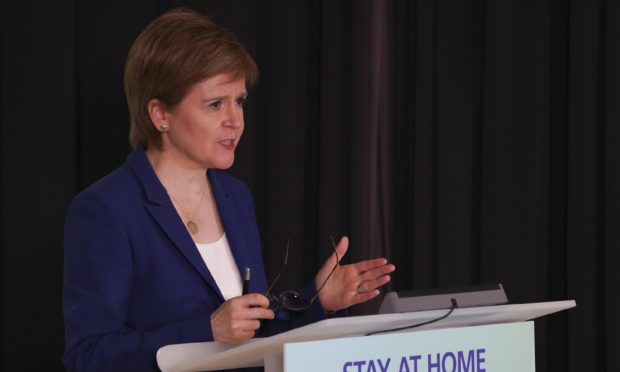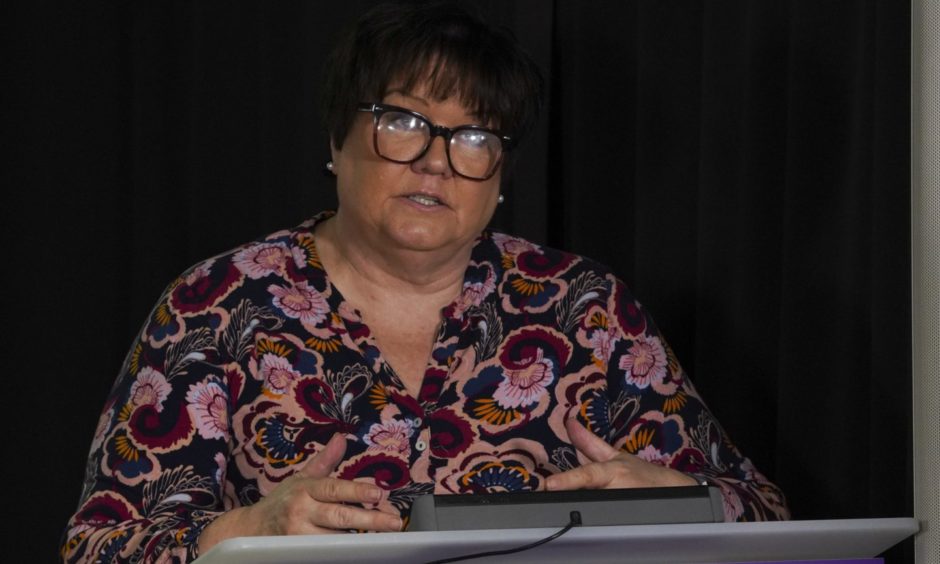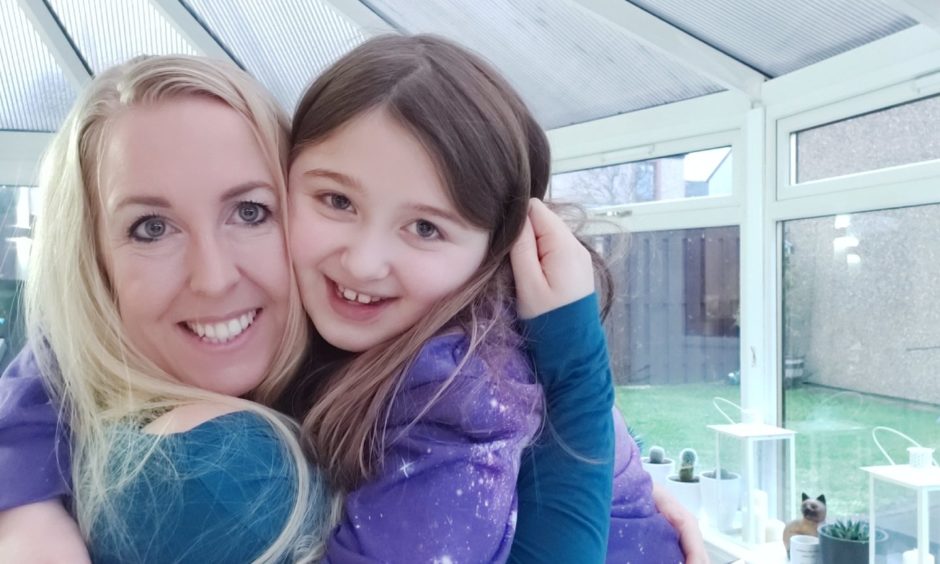Nicola Sturgeon has not ruled out the creation of specialist long Covid clinics but said there is “not sufficient understanding” of the condition.
This follows Aberdeenshire mum Helen Goss’s plea to the Scottish Government to set up dedicated clinics in a bid to rehabilitate her eight-year-old daughter, Anna, and others suffering from the condition.
The youngster, from Westhill, has been too sick to go back to school and has developed several other conditions since contracting the virus in April.
Speaking during the Scottish Government’s daily coronavirus briefing on Monday, the first minister said long Covid-19 is an issue of “significant concern” and did not rule out the creation of dedicated clinics in the future.
She added: “It’s one of the reasons why we can’t be complacent against this virus even as the vaccine hopefully starts to reduce serious acute illness and death numbers.
“In the younger population there is still this seemingly quite significant risk of long Covid-19 so it’s something we are taking seriously and treat very seriously.”
Ms Sturgeon added that the Scottish Government has funded a number of research projects into the characteristics of long Covid-19 and some of the conditions that sufferers go on to experience.
She said that dedicated long Covid-19 clinics could be considered but stressed it might be that the Scottish Government decides that, with the “right resources”, the condition can be catered for among GPs and existing health provision.
NHS England has provided £10 million to fund a network of clinics for those suffering from the long-term symptoms of coronavirus.
There are now 69 operating across the country, taking referrals from GPs for people experiencing brain fog, anxiety, depression, breathlessness, fatigue and other debilitating symptoms.
Ms Sturgeon said: “There is not sufficient understanding, because it’s not been around long enough, of exactly what the impact of long Covid-19 is and therefore what specialisms are needed to properly treat it and that’s why that research is so important.”
‘Front and centre in our thoughts’
Scotland’s chief nursing officer, Fiona McQueen, said she empathised with Ms Goss and understands how “distressing” long Covid can be.
She said guidelines have been established on how to best support those suffering from the condition, adding the GP should help navigate people to the best treatment.
Ms McQueen added: “I’m in no way diminishing the severity of how people feel but, to be encouraging to people, most people with long Covid do recover.
“It is something that is front and centre in our thoughts when we’re thinking through how we plan to mobilise our NHS and this is clearly new and it’s going to be for us to help navigate people through our systems so they get the best possible care they can.”
Ms Goss has joined calls for dedicated long Covid clinics to be set up in Scotland to help those still facing the effects of coronavirus weeks and, in Anna’s case, months after first contracting the virus.
Her eight-year-old daughter has suffered with extreme fatigue, dizziness and nausea and it is thought she may be suffering from a severe post-viral illness.
Aberdeen engineer Callum O’Dwyer has also shared his experiences suffering the effects of coronavirus 10 months since contracting the virus.
The 29-year-old became so ill with long Covid he was forced to move back in with his parents and put his career on hold.
The Scottish Government has said primary and secondary care teams, as well as community-based rehab services, are already providing long Covid treatments.
The Chief Scientist Office has funded nine extensive research projects on the long-term effects of Covid-19 through £2.5 million of funding.
An additional £5m was recently awarded to 15 Scottish research institutions to better understand the effects of infection and inform treatment and management of the virus.



